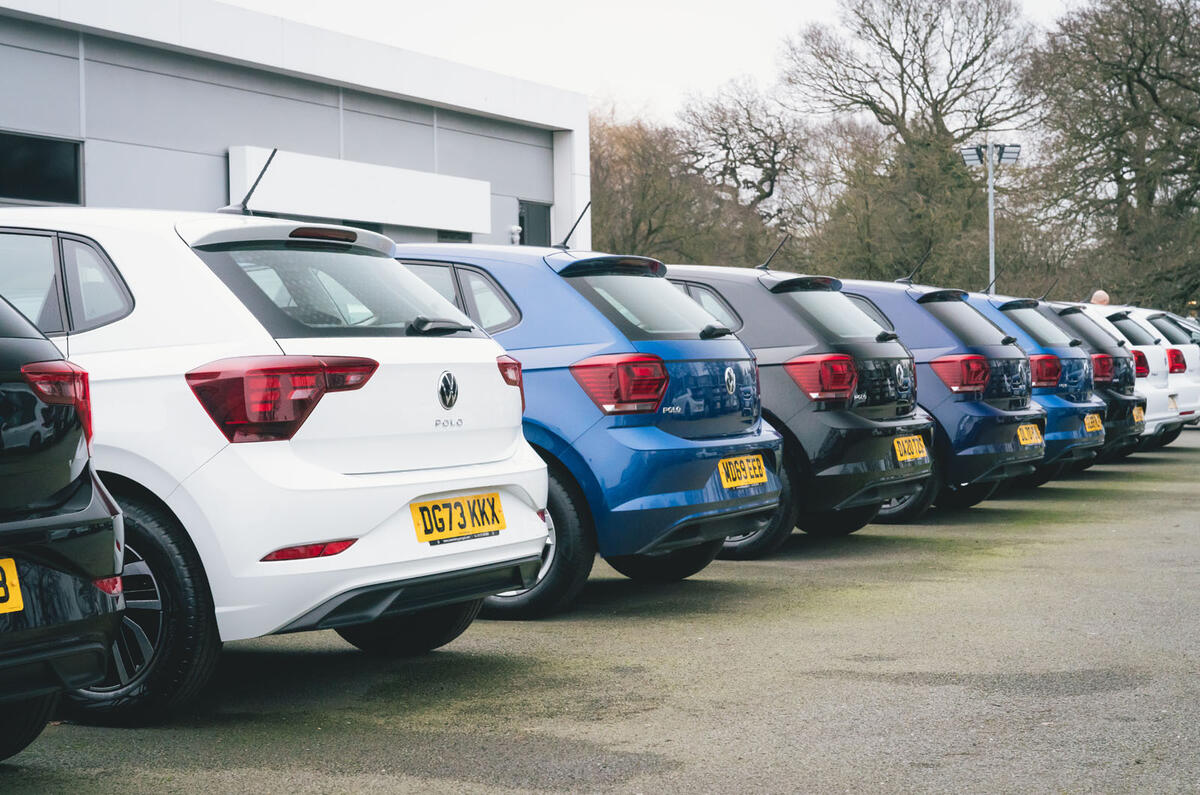A major consumer watchdog has called for car dealers to be licensed after reports showed that used cars are among consumers' most complained-about purchases.
The Chartered Trading Standards Institute (CTSI), which trains trading standards officers, issued the demand for the first time in its latest manifesto.




Add your comment